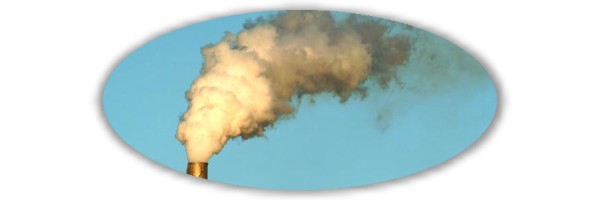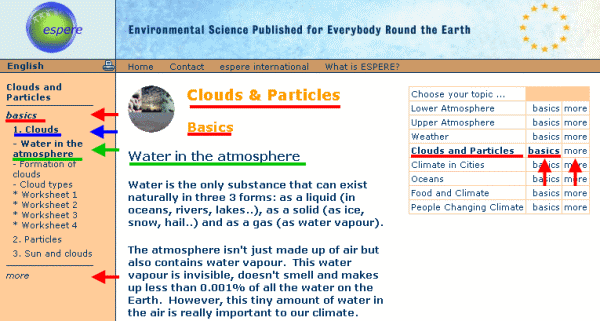 Introduction Introduction
As you have already read in the Research Article, SO2 is a gas which does not only change our climate but is also responsible for acid rain and a burden for human health. With the help of the following WebQuest you shall get an overview of the sulphur cycle and come to know more about the origin and impacts of SO2 formation.
 Tasks and Objectives Tasks and Objectives
Use this WebQuest in order to study the sulphur cycle. Your work will not be limited to the Internet. Experiments and experiment protocols are also required.
Not all parts of the sulphur cycle will have the same weight. In some cases basic knowledge is sufficient, in some cases you will deepen your studies of certain compounds and the respective theory. In some cases you will recognize that the sulphur cycle cannot be regarded as isolated from other chemical compounds. We have tried to focus on the most fundamental interactions.
 Procedure Procedure
Please follow the order of tasks for the processing of topics which is given in the part "sources".
For the ESPERE pages, a forum is available (which can be used in the English and German branch). You can use it to answer your questions among each other or upon request also ask questions in the English language to the project tutor Elmar Uherek. If you don't understand something (either in the ACCENT school magazine or on the ESPERE pages) you may make respective comments and suggest improvements.
=> to the English Forum - e-mail of Elmar Uherek: 
In order to access the topics and tasks, please do the following:
- Please read first which topic and which worksheets you should edit (information in "sources")
- Please click the link (or type it into the address field of your browser) and you access the website of the main topic (for example: Climate in Cities).
- On the left you can see now by the level marked in bold if you are in the basic level or in the advanced level (more). Below the units will be shown (for example: air pollution, urban climate, acid rain). Please choose the respective unit.
- Each unit has again texts and worksheets (What is it?, Impacts, Areas in danger, Worksheet 1, ...) Click on the title in the bar on the left in order to access the material you will work with. So you can go from one task to the next.
 Sources Sources
If you click here in the online version on the links below, they will open in a new window and this page remains open all the time.
I) Sulphur
Get an overview of the topic by studying the following pages:
In this ACCENT magazine:
Context 1: Formation of acids
Context 2: The sulphur cycle
II) Climate in Cities
Please treat from this topic:
http://www.atmosphere.mpg.de/enid/3op.html
Basics, Unit 1: Air pollution (full unit except worksheet 2)
Basics, Unit 3: Acid rain (full unit)
More, Unit 3: Acid rain (full unit except worksheet 2)
III) Clouds and Particles
Please treat from this topic
http://www.atmosphere.mpg.de/enid/25l.html
Basics, Unit 2: Particles (full unit)
IV) Oceans:
Please treat from this topic
http://www.atmosphere.mpg.de/enid/1v8.html
Basics, Unit 3: Gases from Phytoplankton (full unit)
ACCENT magazine Nr. 5 - Research article "Sulphur gases"
|
 > ACCENT en > Nr 6 Feb. 2006 acid rain > A: Activities > WebQuest
> ACCENT en > Nr 6 Feb. 2006 acid rain > A: Activities > WebQuest

 Basics (level I)
Basics (level I)